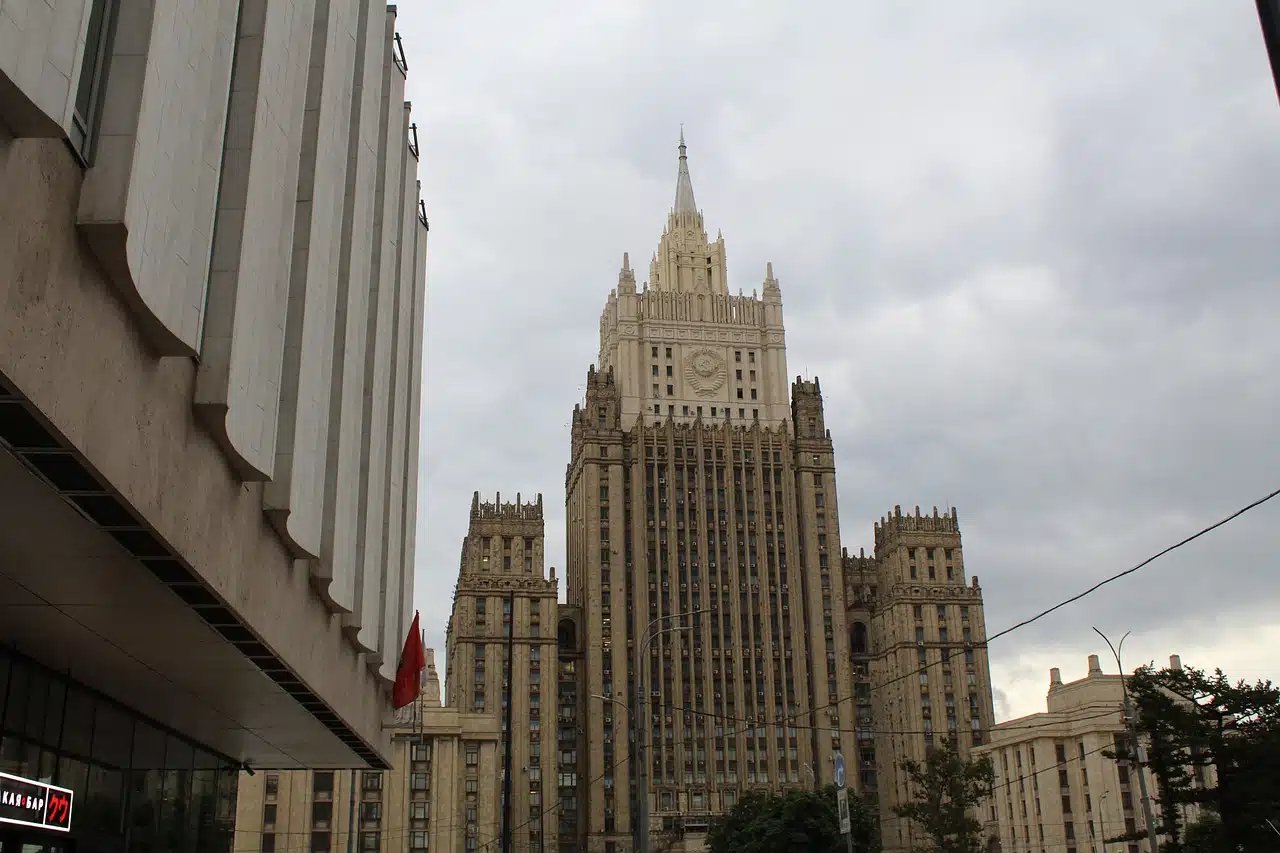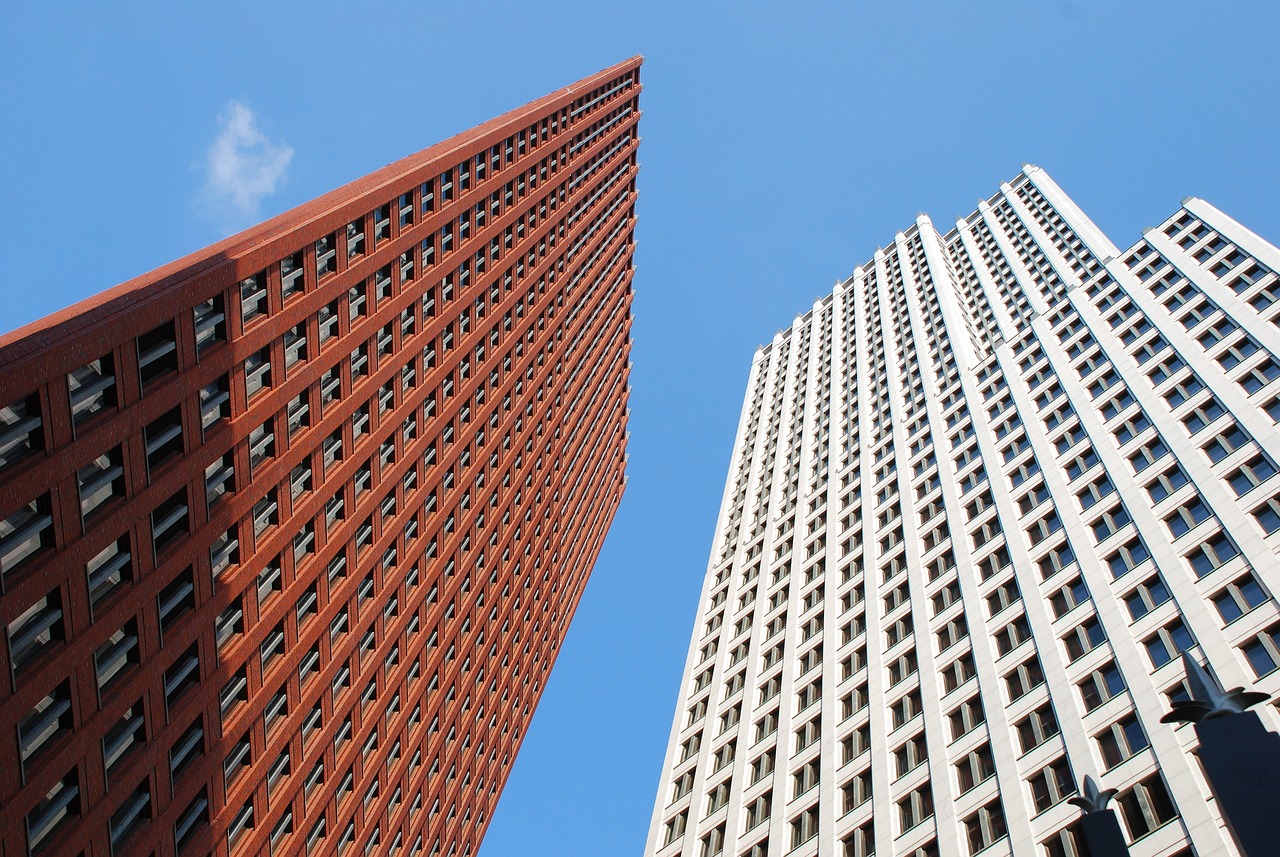
A ministry is a department of a Government.
A ministry is a department or division of the Government of a State . Each ministry constitutes a functional part of the Government and has a person in charge, called a minister . The highest authority, and to whom the ministers respond, is the President of the Government.
The term ministry, rooted in a Latin word that is similar to the concept of "service" , is used to refer to both each division of the Government and the building in which the offices of the ministerial department are located. For example: "The Ministry of Agriculture has announced that it will provide subsidies to producers affected by the drought" , "Yesterday there was a significant protest in front of the Ministry of Labor" , "The Government has decided to increase the budget of the Ministry of Economy so that it can implement measures against the international financial crisis.”
Ministries in Argentina and Spain
Although it varies in each country , the names and functions of the ministries can be modified by the Executive Branch . In Argentina , for example, some of the most important ministries are the Ministry of Environment and Sustainable Development; the Ministry of Economy; the Ministry of Public Works; the Ministry of Education; the Ministry of Labor, Employment and Social Security; the Ministry of Health; and the Ministry of Industry.
The President of the Argentine Nation has the obligation to appoint a Chief of Staff , responsible for coordinating actions between the different ministries.
In Spain , the ministries are part of the General State Administration . The appointment and dismissal of ministers are carried out by the King of Spain at the proposal of the President of the Government . The headquarters of the ministries are located in Madrid , the national capital.

The number and name of the ministries depend on each country.
Spanish education
Currently, the Ministry of Education and Vocational Training of Spain represents a very important department for the country, since it is in charge of all issues related to training and the granting of scholarships and aid to citizens, so that they can achieve the academic level they seek, both in the national territory and abroad.
Regarding its creation, it took place on March 31, 1900 and was named the Ministry of Public Instruction and Fine Arts . In any case, previously the Spanish Government was already acting in educational matters, as proven by the establishment of a General Directorate of Studies in Cádiz almost a century before, which evolved over time, transforming and adapting to the different needs of the inhabitants.
Historically, its powers have varied, covering public instruction, the protection of educational institutions such as faculties and schools, music and plastic arts conservatories, libraries, printing presses, museums and theaters, among many other organizations.
For more than four decades, decisions related to educational issues were linked to the Ministry of Development , until at the beginning of 1900 it was divided into two, giving rise to the first expression of the current Ministry of Education and Vocational Training , as mentioned. in previous paragraphs. It is worth mentioning that during its first years of existence, the lack of budget did not allow it to promote major changes in the Nation; This does not mean, on the other hand, that an important task of raising awareness regarding the advantages of academic training and specialization was not carried out in his name.
Over the years, a series of directorates were created (such as the General Directorate of Primary Education and the Directorate of Fine Arts ) that increased the importance of the Ministry of Education and helped define its competencies, a fundamental point for its development and evolution. Its current headquarters, located in the city of Madrid , was built almost a century ago.
